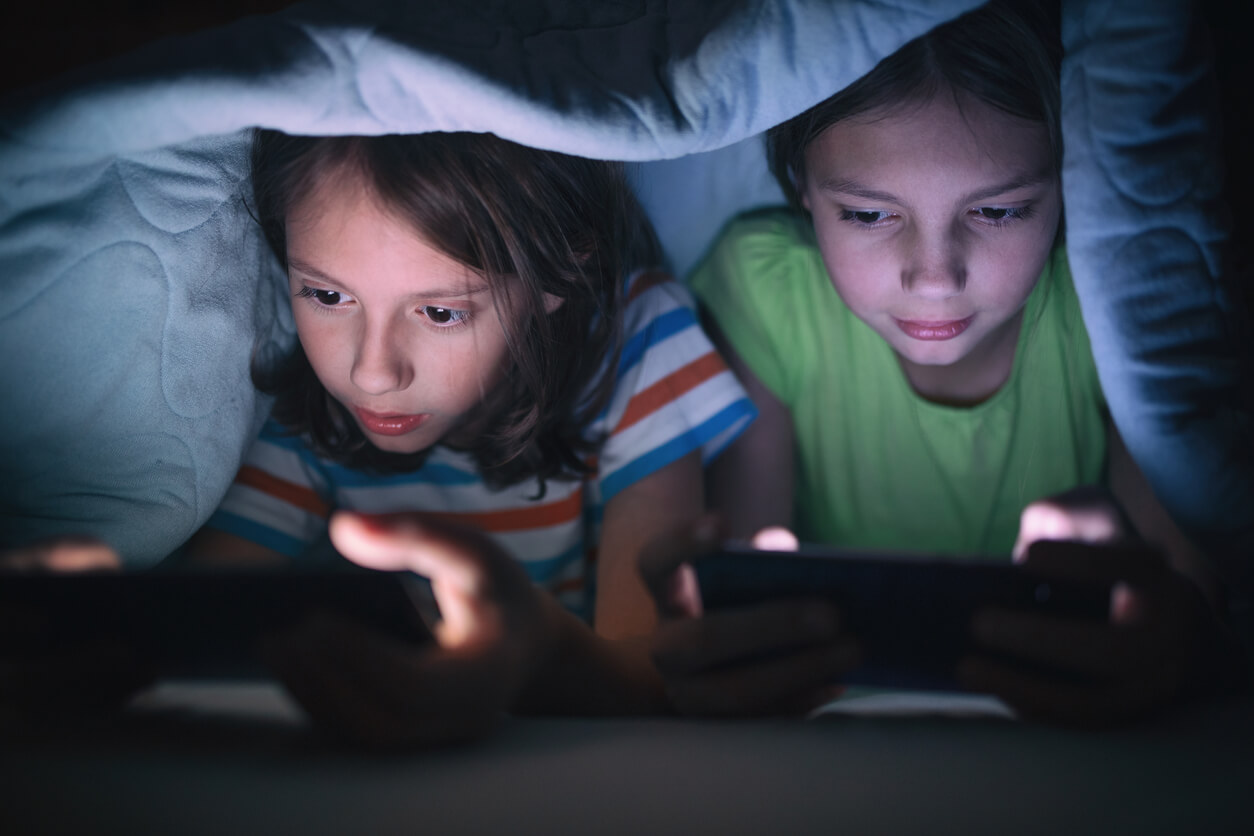Parents Sue Video Game Giants Over Allegedly Addictive Practices
Editors carefully fact-check all Consumer Notice, LLC content for accuracy and quality.
Consumer Notice, LLC has a stringent fact-checking process. It starts with our strict sourcing guidelines.
We only gather information from credible sources. This includes peer-reviewed medical journals, reputable media outlets, government reports, court records and interviews with qualified experts.

Parents are suing major video game companies like Nintendo and Microsoft, accusing them of designing games that exploit young people and fuel gaming addiction.
The lawsuits allege that these companies use tactics like loot boxes, which are randomized in-game rewards, and manipulative reward systems to keep players hooked and spending large sums of money on in-game purchases.
During the past two years, at least a dozen video game lawsuits were filed against companies like Activision Blizzard, Epic Games, Microsoft, Nintendo, Roblox, Sony Interactive Entertainment and Take-Two Interactive Software.
Among those suing were two families in Arkansas who filed federal lawsuits against Microsoft and others, accusing them of engineering games to be addictive products that drive profits.
Preston Johnson and his mother, Elizabeth Jones, allege that Johnson was targeted and “induced” to conduct microtransactions that resulted in thousands of dollars being spent, the Arkansas Democrat Gazette reported in November.
Represented by Bullock Ward Mason, this Atlanta-based firm is leading the charge against the video game makers.
“These video games are intentionally designed with the help of Ph.D. behavioral psychologists and neuroscientists to keep minors and young adults playing longer and spending hundreds, or even thousands, of dollars on the games,” the Bullock Legal Group wrote on its website.
“Defendants use game tactics such as reward systems, along with patented designs containing addictive features and technology to ensure its users keep playing longer and spending more. Most parents don’t understand what’s going on in their own homes as their children are manipulated and targeted by these multi-billion-dollar corporations.”
An estimated 1.7% to 10% of the U.S. population is affected by video game addiction, according to the Cleveland Clinic. The discrepancy is due to a difference in diagnostic criteria.
Video Game Addiction Symptoms
People who have an addiction to video games, also called internet gaming disorder, could suffer from several symptoms. According to the Cleveland Clinic, the signs and symptoms include:
- Grades, work and chores suffer as gaming takes priority.
- Frustration, sadness, irritability and anxiety arise when unable to play.
- Increased durations of play time are needed for the same level of enjoyment.
- Social life and other hobbies fade as gaming dominates.
- Repeated failed attempts to cut back despite negative effects.
- Lying about gaming time to friends and family.
- Personal hygiene declines due to excessive gaming.
- Gaming becomes an escape from stress and negative emotions.
It’s not clear what causes video game addiction, but researchers believe playing and winning video games may trigger a release of dopamine – the same neurotransmitter involved in other disorders like gambling or substance abuse.
The consequences of video game addiction can cause mental and physical changes. These include cognitive changes, lack of impulse control, loss of sleep, decline in communication or social skills, back strain, eye strain, carpal tunnel syndrome and extreme weight loss or weight gain.
Video Game Lawsuits
A recent survey by the Pew Research Center offers insights into the gaming habits of American teenagers.
The survey, which polled 1,423 youth aged 13-17, found 85% of participants reported they play video games, and four in 10 play daily.
Nearly two-thirds of these teens cited social interaction as a main reason for gaming. However, the survey also identified a concerning trend: 80% of teen gamers reported experiencing bullying when gaming. And many said video games negatively impacted their sleep patterns.
Filing a video game lawsuit could result in compensation for medical treatment, mental health treatment or other struggles.